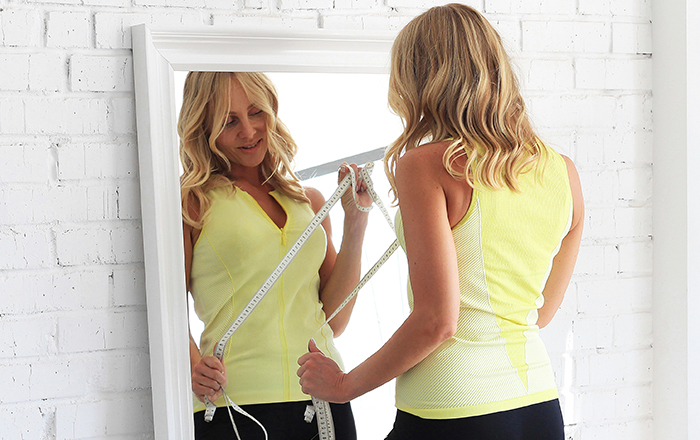
Out For Recess!
Time To Take Play Seriously
Want to actualize your potential? Well, go out and play! More and more research is showing that the power of play is just as valuable for adults as it is for kids, opening us up to optimizing our potential in every area of our life. We give kids recess time to run around, blow off stem, and just be themselves, why don’t we treat ourselves the same way? There’s the obvious benefits of adding more fun in our lives, releasing stress and enhancing our relationships as often when we play we participate in games or fun activities with friends and family bringing us closer together. But the power of play goes well beyond that, stimulating our brain functioning, expanding our energy, promoting better sleep, boosting our confidence and creativity, all setting the stage for us to set more ambitious goals for ourselves. You see, play has a major ripple effect in our lives, having less to do with how we choose to play and more about it being a state of mind that encourages presence in the moment, a suspension of self-consciousness, and opening us up to new experiences.
Take it from a recovering serious minded adult, making more time for playfulness in my life has been a game changer. Gone are the days of feeling guilty for using my time only to check one more thing off my to do list. Truth is when I include more play in my life, I’m more inclined to get things done. I feel lighter and like myself more, feeling inspired to live my life more fully. With all that being said, as simple as the concept of play is, it’s actually really hard for most adults to practice. But once you get in the habit of it, it’s just like riding a bike…
5 Pathways To Create More Play In Your Life
- Simple Delights: These are the little things we can do throughout our day that add a little boost of levity to it. Maybe having a private dance party listening to your favorite song, playing with your pet(s), watching a heart warming video, sharing a laugh with a friend, spouse, family member, or just getting outside to feel the sun on your face. What ever floats your boat, I highly suggest indulging in a minimum of two simple delights daily.
- Purposeful Play: Here we actually schedule play on the calendar. Whether you join a weekly tennis league, attend a monthly bookclub, sign up for a cooking class, it’s a commitment you make to ensure you are getting out to play. Remember it’s not so much about the activity as it is your state of mind. Play can be anything that provides a sense of enjoyment, it’s self-motivating and makes you want to do it again.
- Chore Play: This is where we try to bring some fun to those everyday tasks that need to get done. Dancing while we do the dishes, blasting some feel good music while we fold the laundry, creating some friendly competition around the house where family members can earn a “prize” for helping out, or building in our own special reward when at last that closet is cleaned out.
- Play Space: Let’s face it, they’ll be tons of reasons and excuses to back burner our fun so creating an environment that supports more play in our life will be key. Whether that be a wide open space where we can dance, roll out our yoga mat, hang a hammock in the sun, set up a crafting corner, or simply find a visible place where we can be keep our play gear easily accessible making it all that more easy to go out and play.
- Change It Up: Little or big, it’s about doing something radically different to embody a sense of playfulness in your life. On the smallest level it might be wearing that bold colored lipstick, eating lunch with your left hand if your right handed, or painting your nails different colors. On a bigger level, maybe you cut your hair short, register for an improv class, or go sky diving. Again it’s not about what you do as long as it’s something you normally wouldn’t do.
Best place to start would be to craft your own playlist. What makes you come alive, fill you up, make your heart sing? From reading a book to running a marathon, write it all down. Spring has sprung, summer is on its way, create a list and build more play time into your life. As it turns out, playing is way more than just fun and games, making it an important part of optimizing our growth.
Wishing You The Best Of Success
-Holly-



